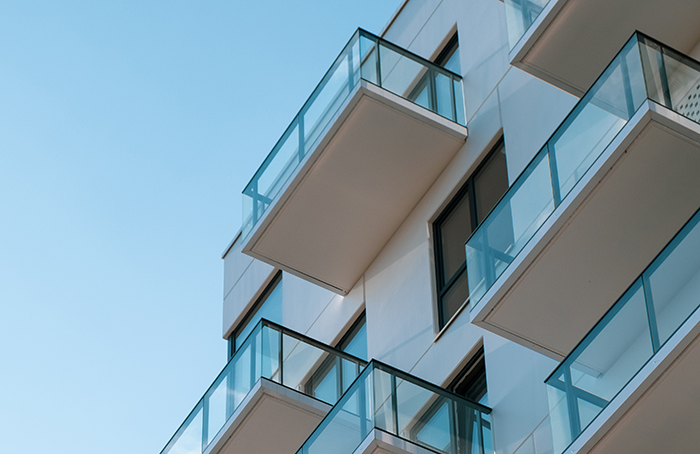Czech real estate prices increased by 10.7% in 2024 as market activity rebounds
Real estate prices in the Czech Republic rose by an average of 10.7% in 2024, reflecting a continued recovery in market activity following the post-pandemic slowdown. Property sales increased by 34%, while the sale of new buildings surged by 51%, according to data from the Czech Banking Association and Flat Zone. The housing market is now approaching pre-crisis levels after experiencing a significant upturn in 2023.
The price of older apartments rose by 10% nationwide, with Prague recording an 18% increase year-on-year. Brick houses maintained a significantly higher price per square meter than prefabricated buildings, while new construction prices grew at a slower pace, averaging 8% nationwide and 9% in Prague. The value of family homes remained relatively stable across the regions, but Prague saw a 15% increase in this category.
Sales and Market Trends
The return to pre-crisis transaction levels continued throughout 2024, with new developments experiencing the strongest growth in sales. By the end of the year, over 16,000 vacant apartments in new buildings under construction were available across the country.
The sale of older apartments increased by 24%, while family house sales rose by 37%. Prague and the Central Bohemian Region accounted for the largest share of transactions, with 39% of older apartment sales and 60% of new apartment sales occurring in these areas.
Flat Zone Managing Director Milan Roček noted that the demand for housing in Prague, Brno, and the Central Bohemian Region continues to exceed supply. He emphasized that new construction remains insufficient in areas with the highest demand, pushing prices up, particularly for older prefabricated apartments, which have risen at an unjustifiably high rate compared to new developments. In Prague, the price of older apartments remains four times higher than in regions such as Ústí nad Labem and Karlovy Vary.
Challenges in Housing Availability
Despite an increase in housing construction, the availability of apartments remains a major issue due to high property prices, slow completion rates, and rising mortgage costs, according to Czech Banking Association Chief Economist Jaromír Šindel. He also pointed to limited capital market development and slow economic growth, which has led to stagnant disposable income levels, the slowest in the region over the past year.
While 2024 saw above-average new construction openings, particularly in Prague and the Central Bohemian Region, the number of completed apartments remains below the long-term average. The cumulative housing deficit now exceeds 20,000 apartments, with half of the shortfall concentrated in Prague and the surrounding regions.
With ongoing supply constraints and strong demand in key urban areas, real estate prices are expected to continue rising, further shaping the country’s housing market dynamics in 2025.
Source: CBA and Flat Zone








